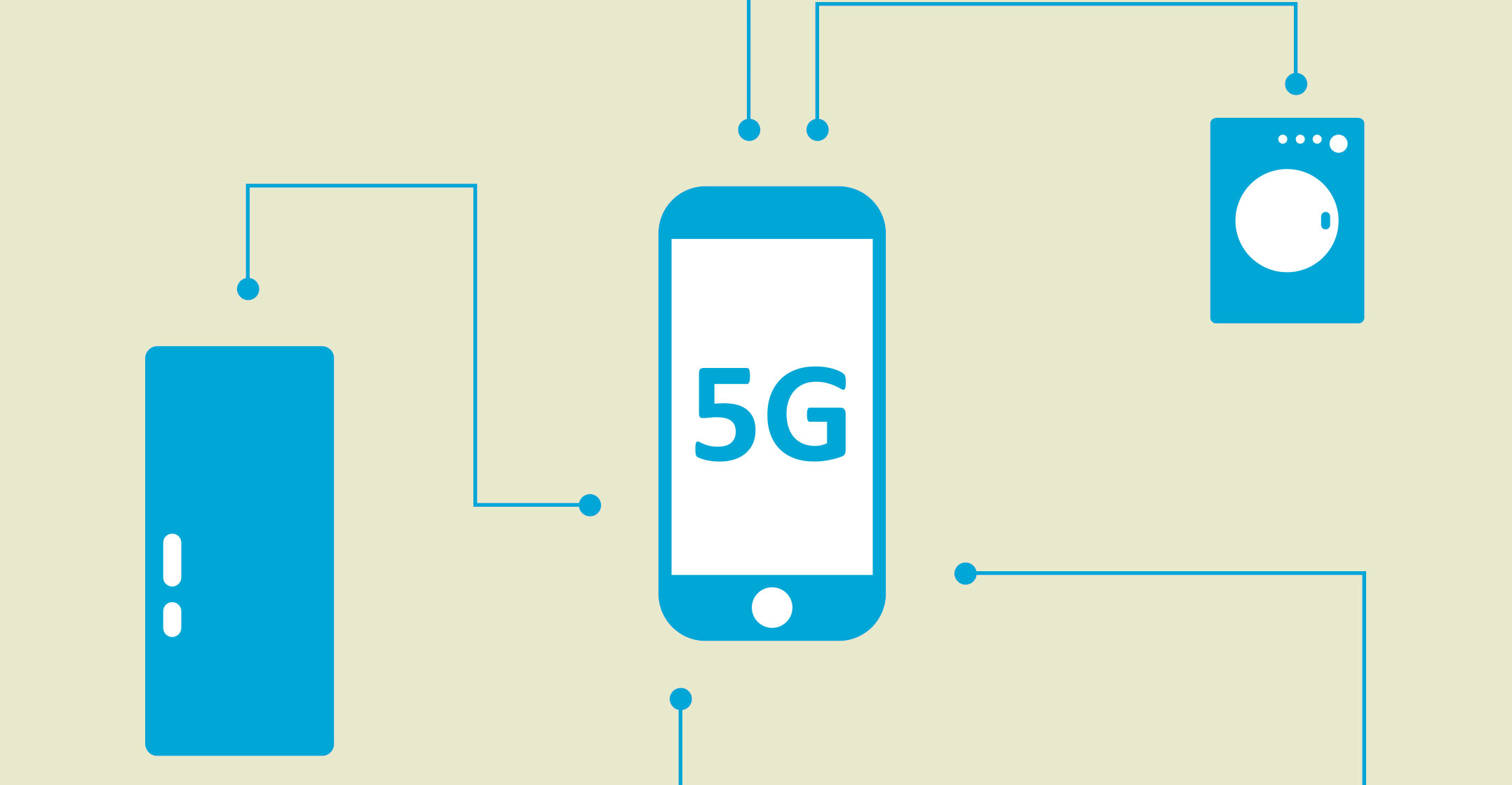
South Africa should not wait for current policy discussions to be concluded before awarding 5G spectrum, despite the fact that 4G spectrum hasn’t been allocated yet because of years of delay.
That’s the view of Vodacom Group CEO Shameel Joosub, who was speaking to TechCentral in a wide-ranging podcast interview on Monday. Joosub said South Africa risks falling further behind the rest of the world if 5G spectrum — some of which is vacant and unused — is not allocated as soon as possible.
“I wouldn’t like to see an environment where we are pushing 5G out by a couple of years,” he said. “I think our modus operandi has always been that we are at the cutting edge and our networks are comparable to the best in the world. So, I would license it (5G spectrum) and it would take a bit of the pressure of the digital migration.”
South Africa is three years past the deadline agreed to with the International Telecommunication Union, an agency of the United Nations, to complete the migration from analogue to digital terrestrial television.
Broadcasters such as the SABC and e.tv continue to use spectrum bands that the mobile operators need to roll out 4G networks.
“We have fallen way behind in terms of the availability of the correct spectrum for 4G,” Joosub said. “What the industry has done is re-farm spectrum and tried to optimise as much as possible using the latest technologies available in what is a spectrum-starved environment.”
But this is sub-optimal, he said. Vodacom plans to spend R9.3bn on its network in South Africa in the current financial year. “If you ask if are we spending R9.3bn optimally, the answer is no. The reason is, using the existing base stations and spectrum we can optimise costs, therefore bringing down the underlying cost to carry, which therefore leads into a direct reduction in the price per meg or price per gig.”
He warned that South Africa now is at real risk of falling behind the rest of the world. “When we launched 2G and 3G, we were at the cutting edge: we were among the first networks in the world to adopt these new technologies. I’m worried we’re still debating 4G and 5G is on the horizon.”
The first commercial 5G networks are expected to be rolled out in several countries later this year, including the US. But securing the necessary spectrum is only part of the story, Joosub said.
‘Planning’
“There’s a lot of planning that needs to happen for a 5G network. You need fibre, because microwave will not be sufficient for 5G. You need to have fibre to your base stations.
“Secondly, a lot more capability will sit in the cloud. You need to ensure you have the right cloud infrastructure in the different regions to cater for a 5G network. For South Africa, looking at our slow pace of fixed-line (roll-out), 5G does start to bring a bit more equalisation in terms of speed and capacity… It makes you more comparable to fibre. That could be quite beneficial, especially in achieving our broadband targets as a country.”
He said South Africa needs to accept that digital migration “hasn’t happened” and be practical about the next steps.
“We need to say to ourselves there is probably an opportunity, with the spectrum being available on 5G more easily than it is on 4G, that we can make some of that spectrum available now. What that does is give the ability for us to almost catapult into the 5G space and be up in that leading space again.” — (c) 2018 NewsCentral Media




